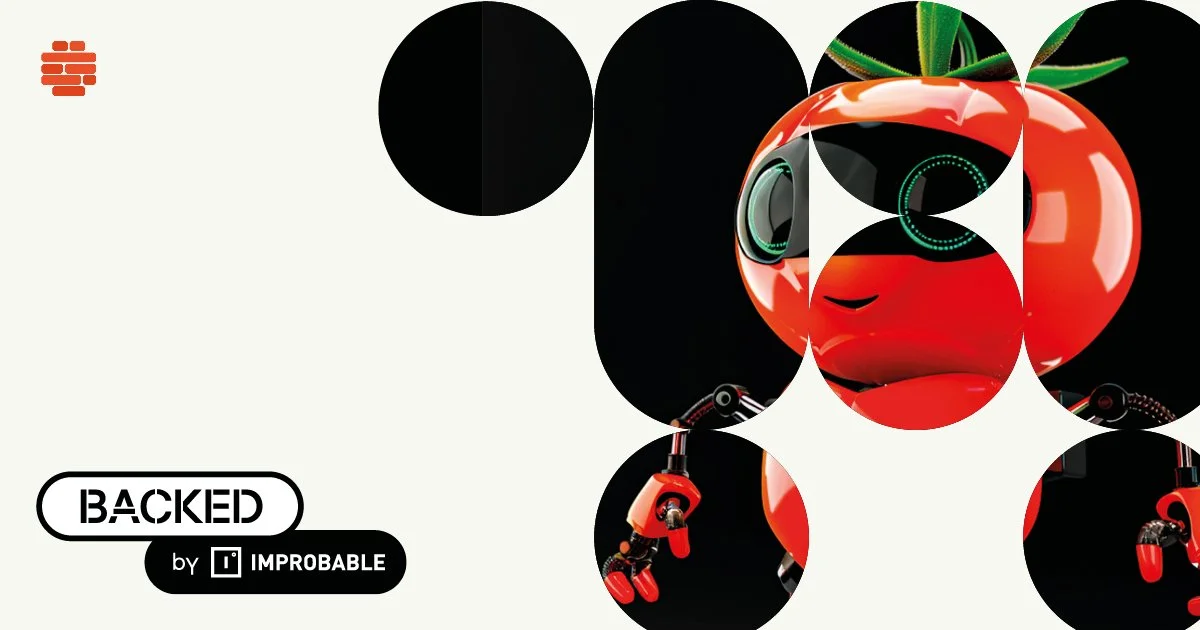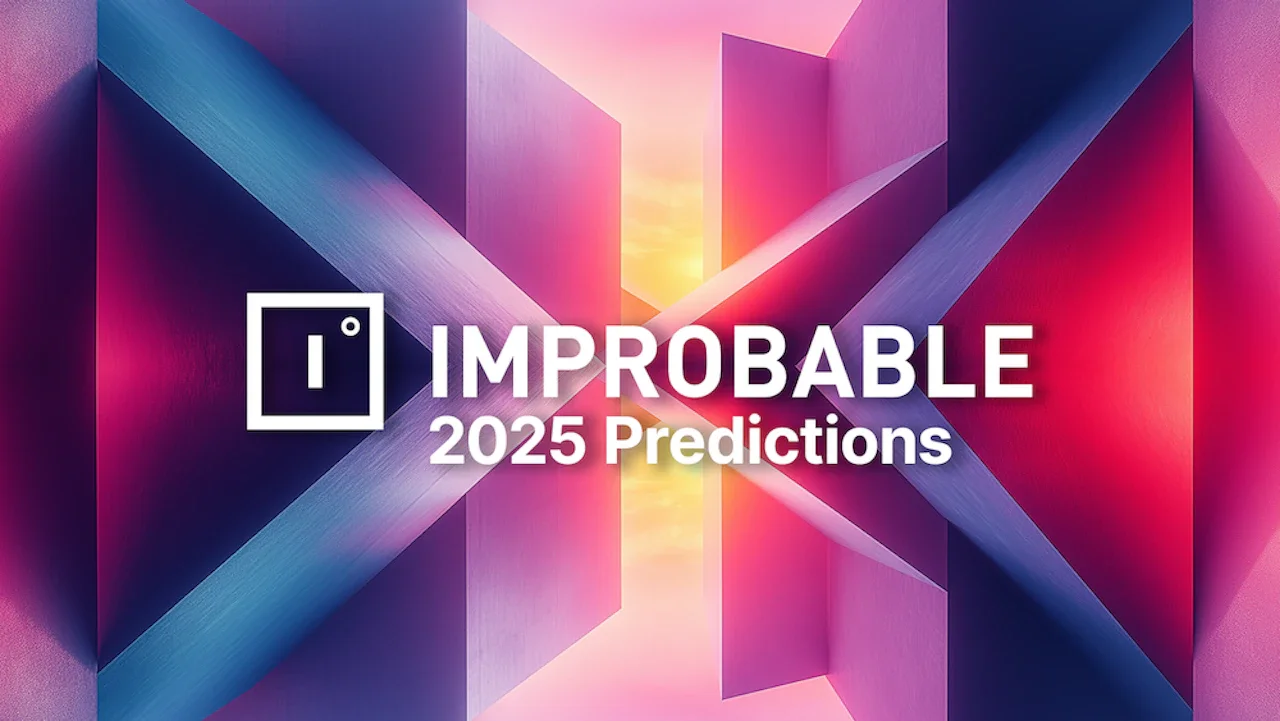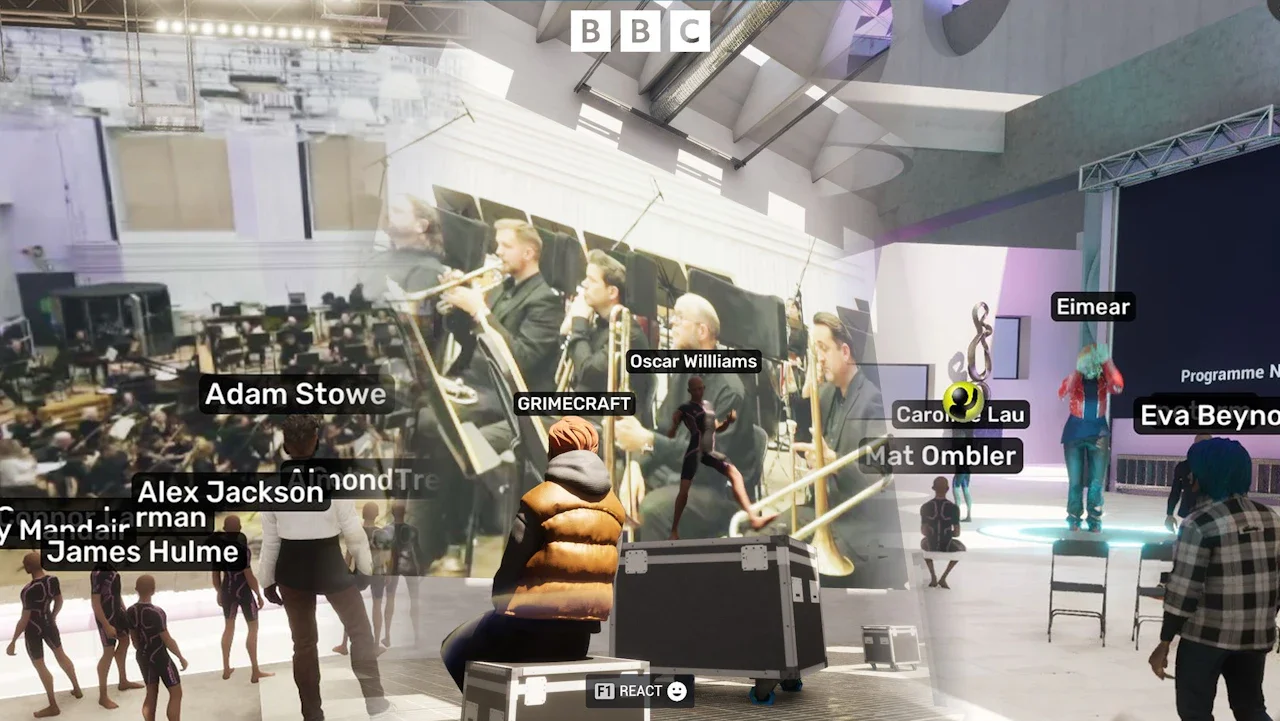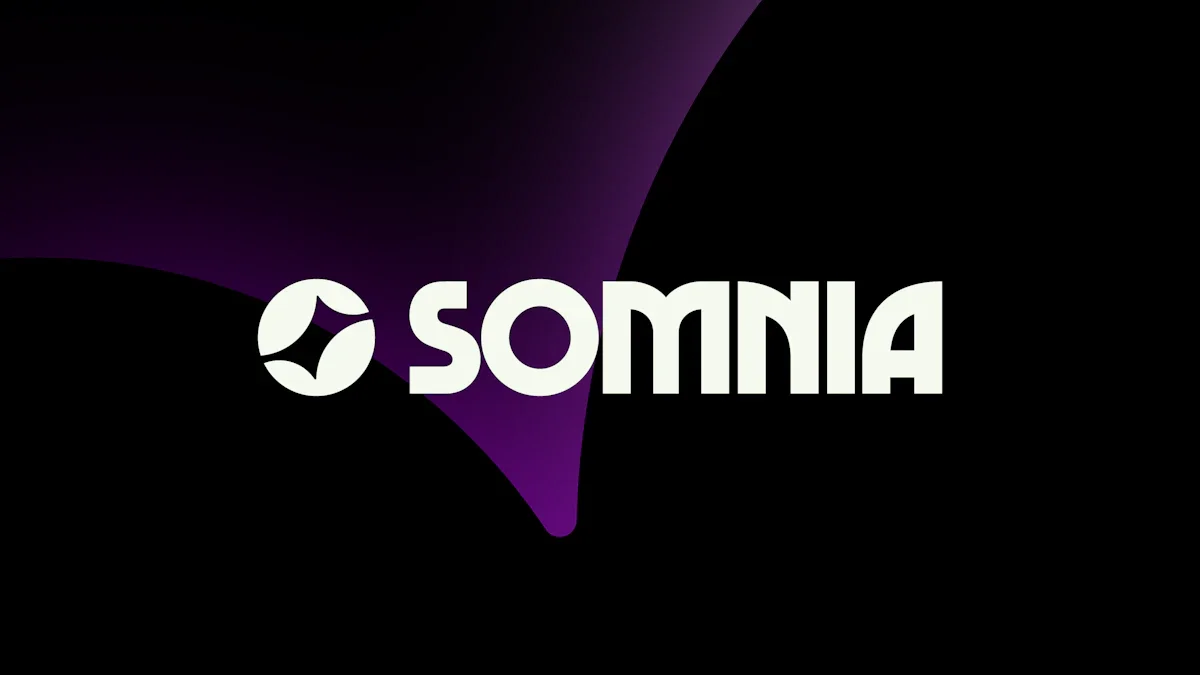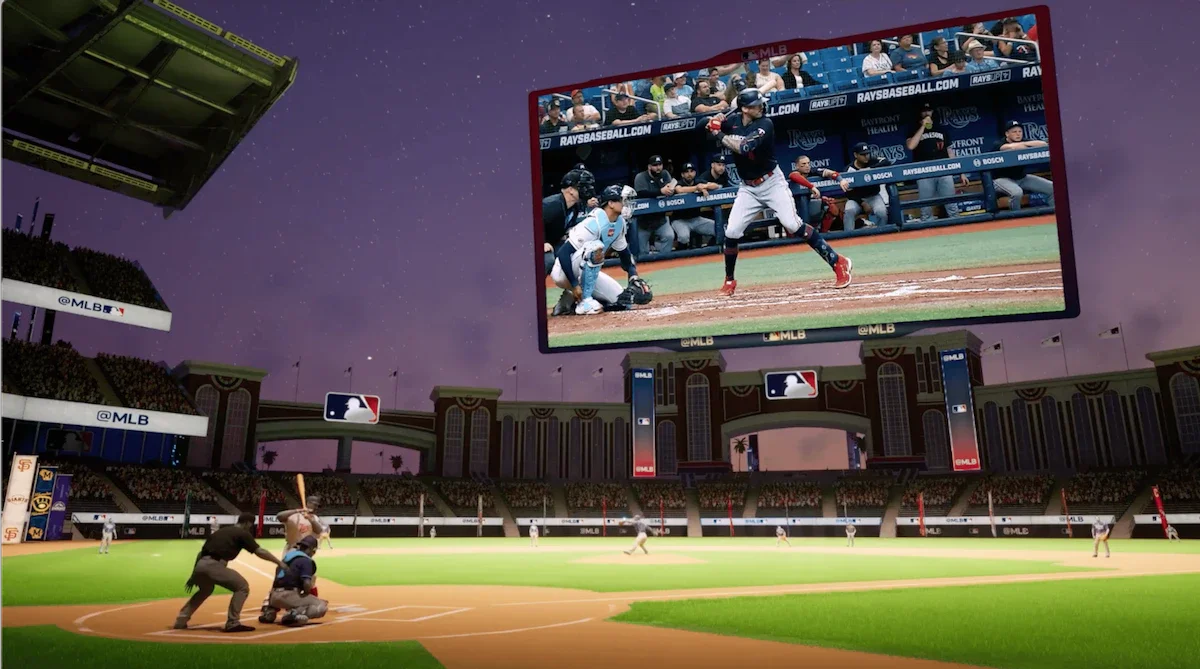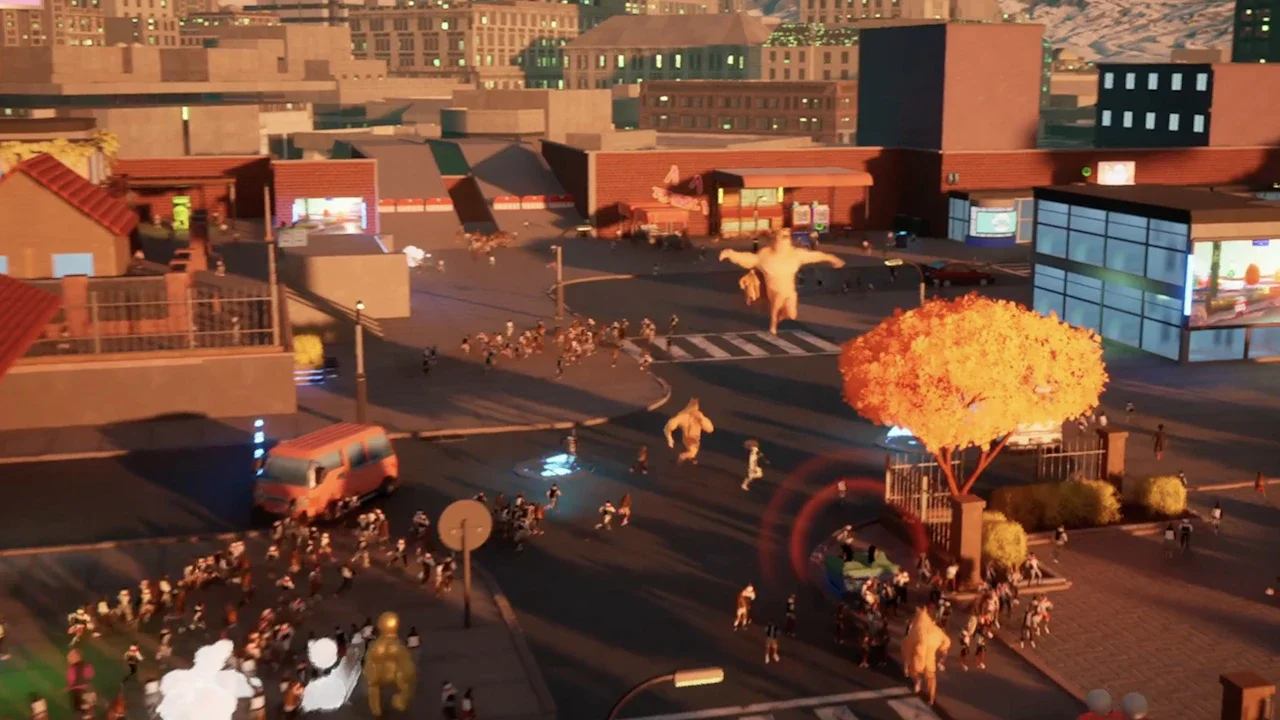News
Stay up to date with the latest from Improbable — company milestones, venture launches, thought leadership, and industry insights. Explore how we’re backing and building the next generation of ventures.
BACKED | Otomato, the gateway to intuitive, real time automation in DeFi
With real time signals, context-aware AI and user-driven controls, Otomato helps people monitor positions, respond quickly and stay protected in fast-moving markets.
Improbable provides update on its venture builder model; blockchain powered by Improbable-developed technology hits $1bn valuation milestone
Improbable today submitted its filing to Companies House, giving an update on its full year 2024 results. The results demonstrate that the first financial year of its venture builder model – focused on the metaverse, web3 and AI – is providing the foundation needed to drive the growth of the new economy.
BACKED | Chamber: Redefining virtual events for a new generation of digital communities
From corporate gatherings to fan experiences, Chamber brings together 3D, AI, and social design to make online interactions feel as spontaneous and connected as the real world.
BACKED | Imporium, the studio reimagining live fan experiences for a digital-first world
From Major League Baseball to K-pop icons, Imporium is scaling interactive, live entertainment that turns fleeting moments into lasting communities.
BACKED | Somnia, the Layer 1 for real-time, on-chain experiences
With 10B+ testnet transactions already processed, Somnia is now building the infrastructure and community for the immersive internet.
Improbable-developed Somnia launches mainnet after record-breaking testnet performance
Somnia, a high-performance layer-one blockchain, today announced the launch of its mainnet. Built by Improbable under contract for the Somnia Foundation, Somnia is engineered to support mass consumer applications such as gaming, social platforms and decentralised finance.
BACKED | Jitter’s Vision for Interactive Streaming
How one creator is rewriting the rules of livestreaming by making the audience part of the game.
BACKED is Improbable’s insider newsletter spotlighting the ventures, technology, and teams building the future of virtual worlds.
This is where we share progress of the ventures we support, one at a time.
These are startups building the foundations of tomorrow’s internet, tackling hard problems across AI transformation, the metaverse and Web3. Whether it's rethinking global supply chains or reshaping identity in virtual worlds, Improbable ventures are solving diverse, high impact challenges with outcomes that are already being felt in the real world.
Improbable Strengthens Investment in Somnia Ecosystem Following Record-Breaking Devnet Performance
Improbable is making a significant investment in the Somnia ecosystem, reinforcing its commitment to the future of blockchain scalability and Web3 innovation.
Improbable Leverages Improved Financial Profile to Drive Innovation in AI, the Metaverse, and Web3 Through Venture Building
Predictions for 2025 Signal a Breakthrough Year for Virtual Economies, Interoperable Identities, and AI-Powered Gaming
Improbable’s MSquared venture powers groundbreaking BBC Philharmonic virtual concert
On 23 November 2024, a groundbreaking classical concert simultaneously took place in the real world and the metaverse.
Improbable to Develop the Fastest Blockchain For Mass Consumer Applications For Somnia
Leveraging the decade of expertise in distributed systems of Improbable, Somnia will set a new benchmark, processing over 400,000 transactions per second to power scalable, mass consumer applications
Redefining the Digital Assets Economy: Improbable's MSquared Solves Interoperability
The venture builder drives value and innovation in the metaverse. With its premier metaverse infrastructure venture, MSquared, Improbable yesterday turned the vision of a connected digital world into a tangible reality, demonstrating how economic potential can be unlocked with empowered businesses in a decentralised environment.
Improbable and Major League Baseball continue their partnership to host baseball games in the virtual ballpark every Wednesday in September
The season’s first watch party is on September 4th, when the Tampa Bay Rays host the Minnesota Twins, available for free on mlb.com/virtual-ballpark with any internet-connected device.
Improbable achieves profitability in 2023 and launches its Venture Builder model with a strong capital position to pursue new investments
Improbable submitted its filing to Companies House today. In 2023 the company achieved profitability, validating its technology and business.
